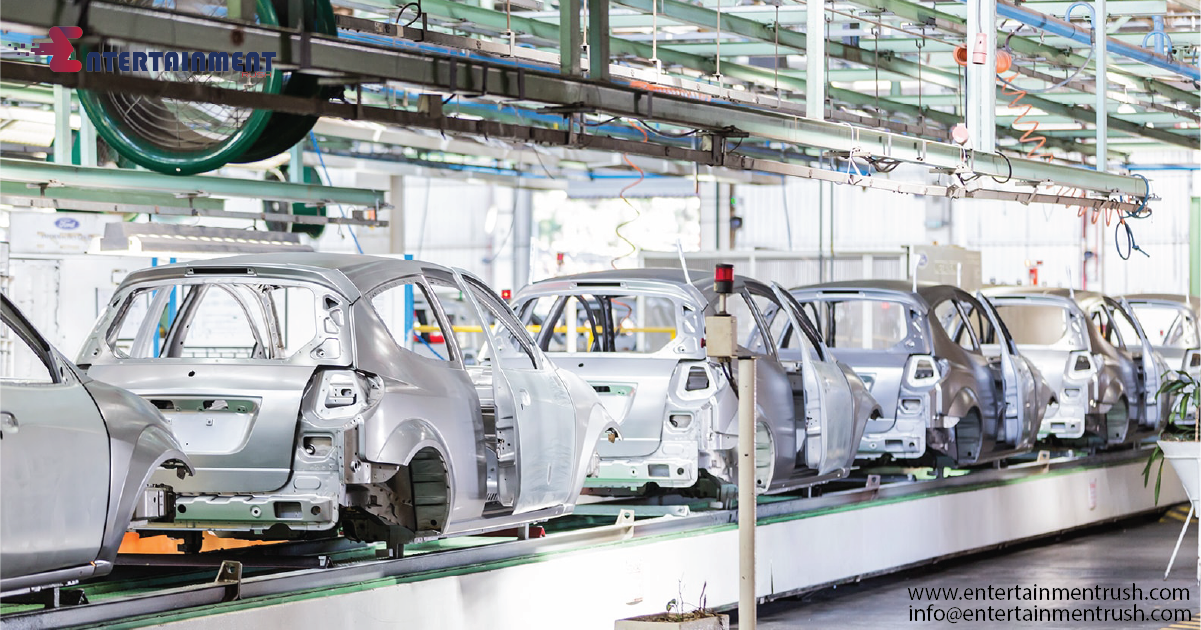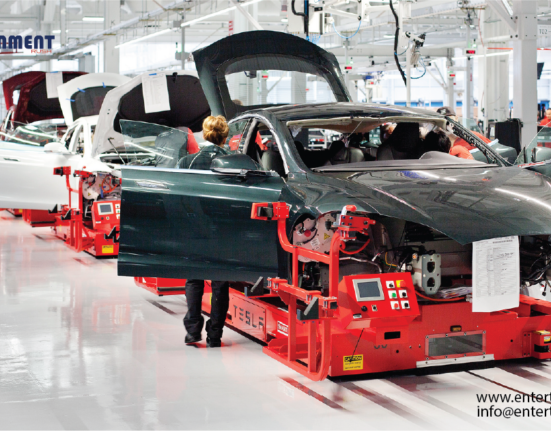The automotive industry in the United States is a cornerstone of the nation’s economy, representing innovation, employment, and technological advancement. With a rich history dating back to the early 20th century, the industry has evolved significantly, embracing new technologies and adapting to changing consumer demands.
Major Players in the US Automotive Industry
General Motors
General Motors (GM) is a global automotive company headquartered in Detroit, Michigan. With iconic brands like Chevrolet, Cadillac, and GMC under its umbrella, GM has a significant presence in the US market. The company is known for its commitment to innovation, evidenced by its investments in electric and autonomous vehicle technologies.
Ford Motor Company
Ford Motor Company is another giant in the US automotive industry, renowned for its pioneering role in mass production techniques. From the legendary Model T to the modern-day F-Series trucks, Ford has consistently delivered vehicles that resonate with American consumers. Like GM, Ford is actively pursuing electric and autonomous vehicle development to stay competitive in a rapidly evolving market.
Toyota Motor Corporation
While not American-born, Toyota Motor Corporation has a substantial footprint in the US automotive landscape. The Japanese automaker’s commitment to quality, reliability, and fuel efficiency has earned it a loyal customer base. Toyota’s hybrid vehicles, such as the Prius, have been particularly well-received by environmentally conscious consumers.
Emerging Trends in Automotive Technology
Electric Vehicles (EVs)
The shift towards electric vehicles represents a significant trend in the automotive industry. With concerns about climate change and dependence on fossil fuels, consumers are increasingly drawn to EVs for their environmental benefits and lower operating costs. Companies like Tesla have led the charge in this space, with other manufacturers following suit with their own electric offerings.
Autonomous Vehicles
Autonomous or self-driving vehicles have the potential to revolutionize transportation by enhancing safety, efficiency, and accessibility. While fully autonomous cars are still in the testing phase, advancements in artificial intelligence and sensor technology continue to bring us closer to a future where human intervention behind the wheel may become obsolete.
Challenges Facing the Automotive Industry
Supply Chain Disruptions
The automotive industry is highly reliant on complex supply chains, which can be vulnerable to disruptions. Events like natural disasters, trade disputes, and now, the COVID-19 pandemic, have highlighted the need for greater resilience and flexibility in supply chain management.
Environmental Regulations
As concerns about air pollution and greenhouse gas emissions grow, regulators are imposing stricter environmental standards on automakers. Meeting these regulations while maintaining profitability poses a challenge for the industry, driving investments in cleaner technologies and alternative fuels.
Impact of COVID-19 on the Automotive Sector
The COVID-19 pandemic has had a profound impact on the automotive sector, disrupting production, sales, and consumer behavior. Lockdown measures, supply chain disruptions, and economic uncertainty have led to a decline in vehicle demand and forced automakers to rethink their strategies for recovery and resilience.
Sustainable Practices in the Automotive Industry
In response to environmental concerns and regulatory pressures, many automakers are embracing sustainable practices throughout their operations. This includes reducing carbon emissions, increasing energy efficiency, and implementing recycling initiatives to minimize waste.
Future Outlook and Growth Opportunities
Despite the challenges facing the automotive industry, there are promising opportunities on the horizon. Continued advancements in electric and autonomous vehicle technologies, along with growing demand for connected and shared mobility solutions, are shaping the future of transportation.
Conclusion
The US automotive industry is undergoing a period of profound transformation, driven by technological innovation, changing consumer preferences, and global challenges. As companies navigate this evolving landscape, those that embrace sustainability, innovation, and adaptability will be best positioned to thrive in the years to come.





Leave feedback about this